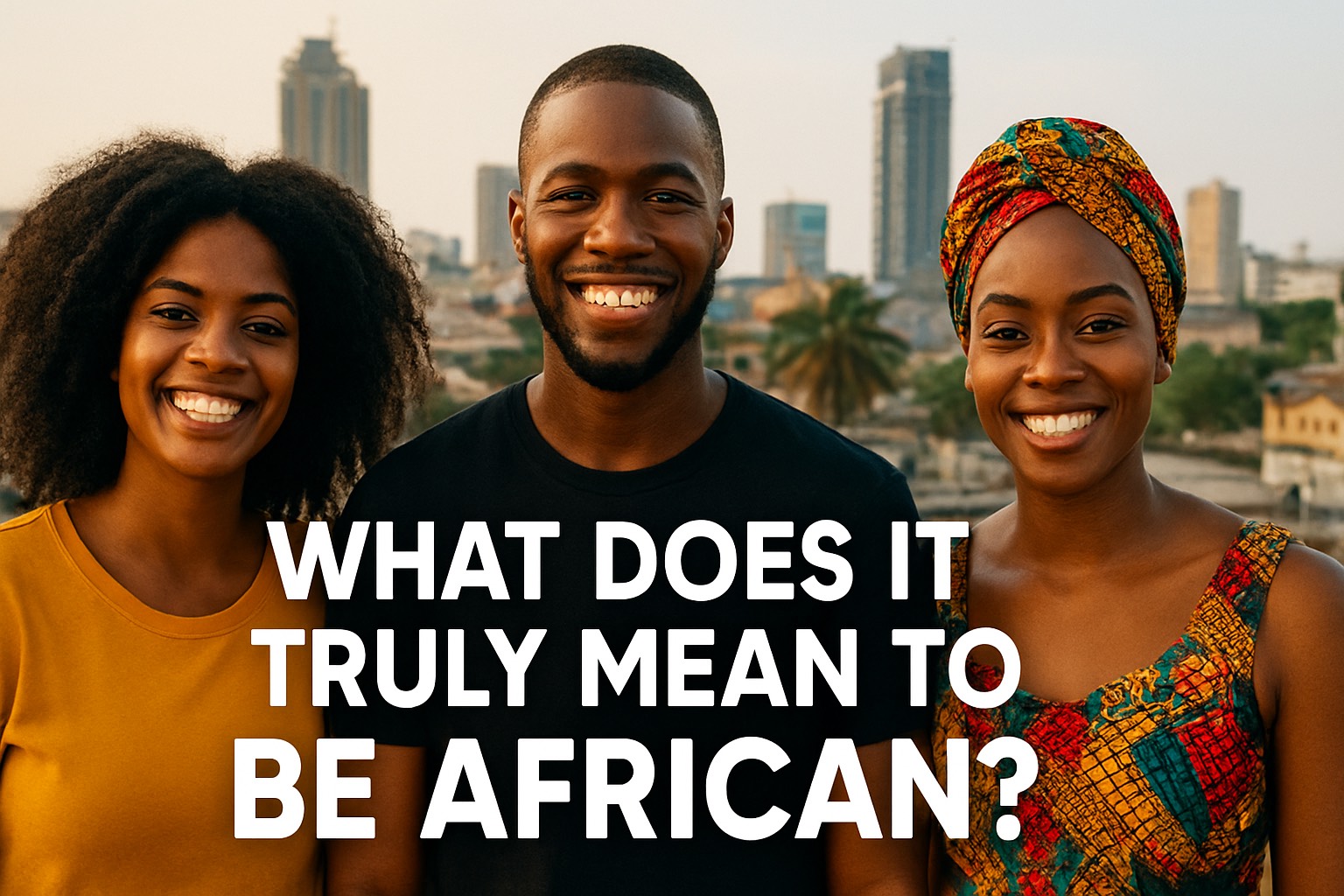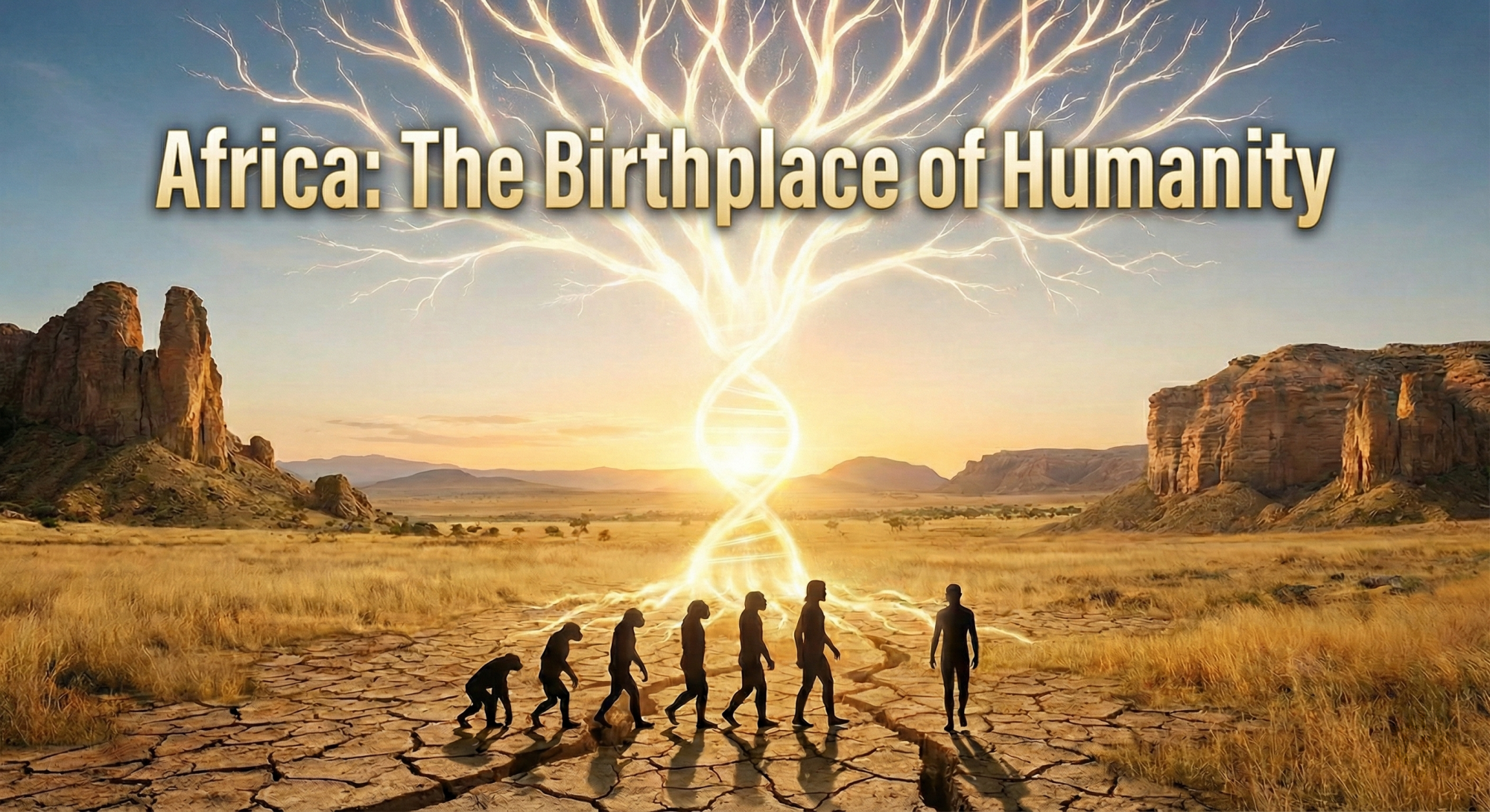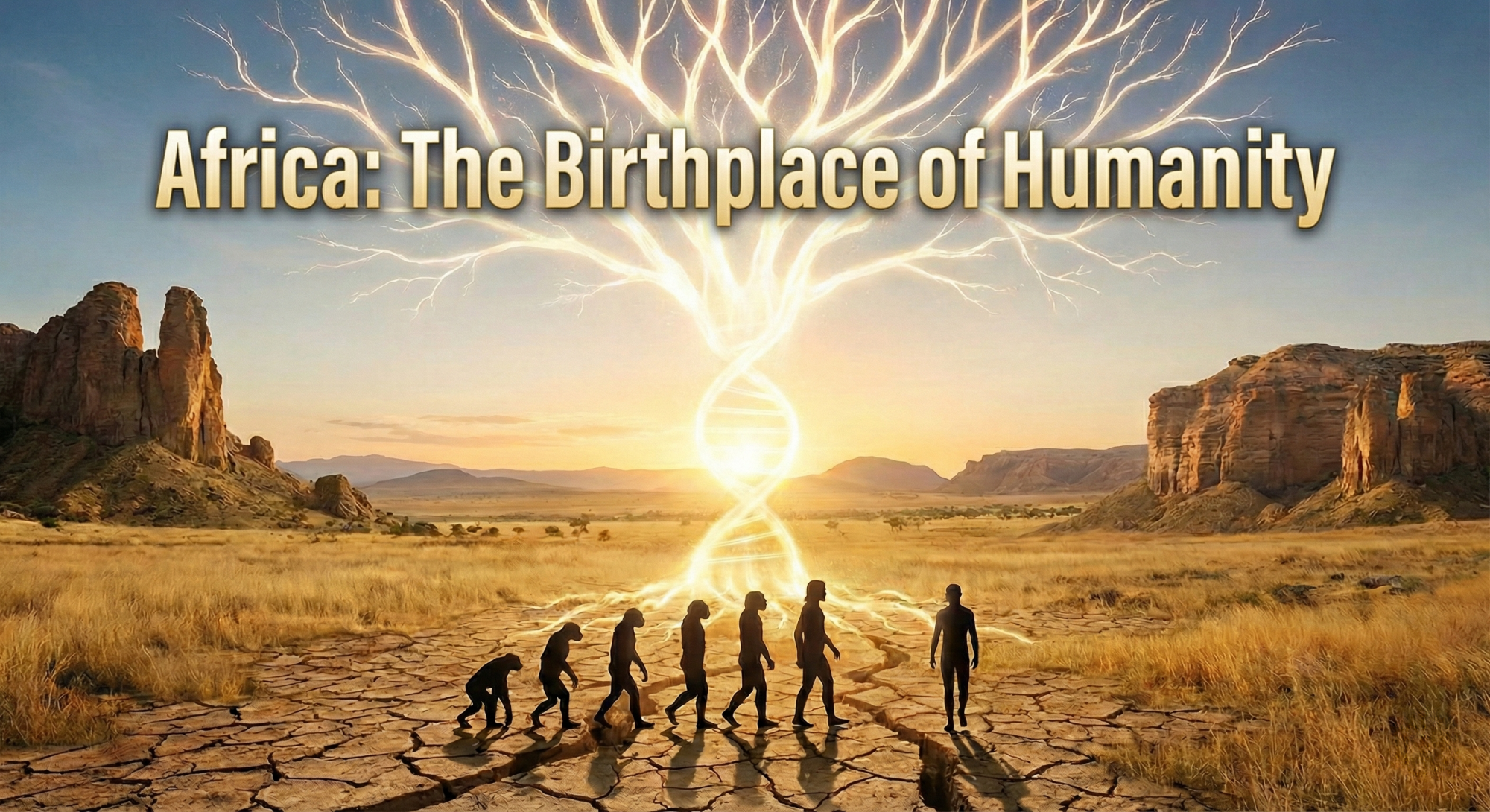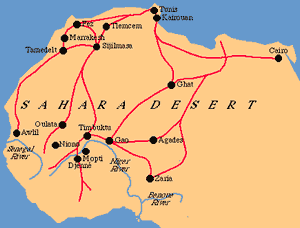What Does It Truly Mean to Be African?

What Does It Truly Mean to Be African?
Explore the true meaning of being African, beyond stereotypes, as you reclaim your identity and celebrate the power, resilience, and diversity of Africa.
Introduction: The Question No One Can Answer for Us
If you type “Africa” into Google Images, what do you see? A lion stares majestically across the savannah. A child with flies buzzing around his face. A woman carrying water on her head while walking barefoot down a dusty road. That’s it. That’s the script. For decades, the world has packaged Africa into a movie trailer: hungry children, tribal dances, safari sunsets, and war documentaries narrated by a white man with a dramatic voice. And for decades, Africans have had to answer a question that feels both simple and loaded at the same time: What does it truly mean to be African? Because let’s be honest, the stories we’ve been fed don’t match the stories we live. Being African has been misrepresented, mispackaged, and mistranslated so badly that sometimes even Africans start to question their own identity. But the truth? Being African is not pity, not poverty, not primitive. It's power, resilience, creativity, and community. Let’s unpack this.
The Wrong Narrative: How the World Got Africa Wrong
The outside world has always been fond of telling stories about Africa, but rarely has it allowed Africans to hold the pen. At CYSTADS, we are grabbing the pen, though, and our pen game is lit as... But stay with me, let’s unpack how the World got us wrong.
1. The Charity Narrative. Western NGOs built billion-dollar industries painting Africa as helpless. You know the ads: “For just $1 a day, you can save this child...” They stripped our dignity, turned our pain into fundraising campaigns, and made it seem like our identity begins and ends with suffering.
2. The Jungle Narrative. Hollywood still thinks Africa is one giant Lion King set. Ask the average non-African about African cities, and they picture huts, dusty roads, and endless safaris. Few imagine Lagos’s commerce, Nairobi’s tech hubs, or Johannesburg’s skyline.
3. The Tribal Narrative. Whenever Africa is shown, it’s always about “tribes”, primitive, exotic, and stuck in time. The complexity of 3,000+ ethnic groups, each with philosophy, governance systems, and innovation, is reduced to drums and feathers.
4. The One-Country Narrative. “Do you speak African?” “Do you know my friend who lives in Ghana? He’s from Africa, too.” Yes, people still ask these questions in 2025. A whole continent of 54 Countries and 1.4 billion people flattened into one vague idea. The problem isn’t just that these stereotypes are wrong; it’s that they’ve been repeated so often that even Africans internalise them. That’s the danger of letting others define you: you start believing their version of your story.
The Reality of Being African: Beyond the Stereotypes
Here’s the reality outsiders often miss:
1. Diversity That Defies Boxes. Africa is not one story. It’s thousands of stories. Over 2,000 languages. Kingdoms that rivalled Rome and China. Ancient libraries in Timbuktu, while Europe was still in the Dark Ages. To be African is to belong to a tapestry so rich that no single narrative can contain it.
2. Resilience Written Into Our DNA. Colonisation tried to erase us. Slavery tried to uproot us. Yet here we are still standing, still creating, thriving. That survival instinct is not just history; it's inheritance. Being African means carrying the bloodline of people who refused to be broken.
3. Creativity the World Can’t Ignore. Afrobeats isn’t just music; it’s a global movement. Nollywood isn’t just film; it’s cultural soft power. African fashion, food, and art aren’t side dishes on the global menu anymore; they’re the main course. Creativity is not something we do to survive; it’s something we export to the world unapologetically.
4. Community over Individualism. Ubuntu in South Africa: “I am because we are.” Omoluabi in Yoruba land: character, respect, responsibility. Harambee in Kenya: pulling together for the common good. Across cultures, one thread runs strong: being African means community comes before ego. You don’t just live for yourself; you live for your people.
5. Modernity without Losing Roots. Africans are coding fintech apps, launching satellites, and leading AI innovations. But we’re also pouring libations to ancestors, keeping oral histories alive, and naming children with meanings deeper than entire novels. Being African means balancing modernity with tradition and doing it seamlessly.
Anecdotes: Real Stories That Shatter Myths
• The Malian Empire in the 14th century had universities and libraries that attracted scholars from across the world. Meanwhile, Europe was still burning people for “witchcraft.”
• Ethiopia defeated Italy at the Battle of Adwa in 1896, proving that colonisers could be stopped in their tracks. That spirit of resistance is still in us today.
• Nigeria’s Nollywood is the second-largest film industry in the world, producing more movies than Hollywood. Think about that the next time someone says Africa is “behind.”
• Kenya’s mobile money system (M-Pesa) revolutionised finance long before Silicon Valley cared about “fintech.”
These aren’t stories of poverty; they’re stories of innovation, resilience, and brilliance, and we need to reinforce them in the minds of both Africans and the rest of the World.
The True Meaning of Being African.
So, what does it really mean?
1. It means identity, not stereotype. We are not defined by charity ads or National Geographic specials.
2. It means strength. Our ancestors fought oppression, built civilisations, and passed down wisdom that still shapes us.
3. It means adaptability. From colonial disruption to digital disruption, we’ve always found ways to bend without breaking.
4. It means pride. Pride in our languages, our food, our music, our hair, our melanin, our ancestors.
5. It means responsibility. To carry the baton forward to make sure the next generation of Africans doesn’t grow up believing lies about who they are.
The Reclaim: Who Gets to Answer the Question?
Here’s the plot twist: the real question isn’t “What does it mean to be African?” It’s “Who gets to answer that question?” For too long, the microphone has been in foreign hands. They defined us as poor, exotic, and helpless. But being African today means grabbing that mic back. It means telling our own stories, writing our own narratives, and defining ourselves without apology. Being African is not something to be explained. It’s something to be lived. Boldly. Loudly. Proudly. So the next time someone asks, “What does it mean to be African?” maybe the best answer is: “It means being everything you thought we weren’t.”
NB: We noticed that a lot of you enjoy this blog but are not joining our community. We would like to invite you to join CYSTADS today. Click here to join!


